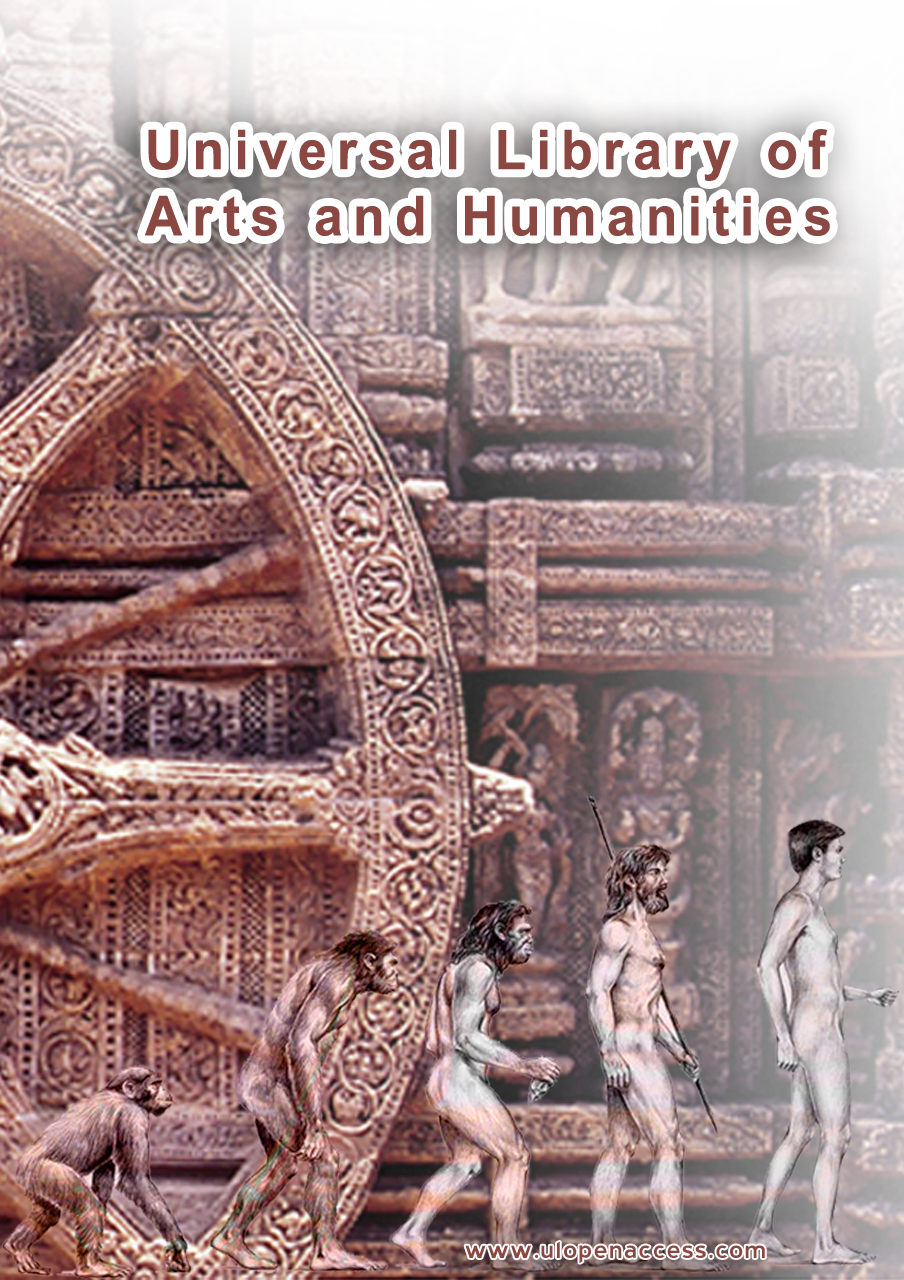Rethinking the Russian Revolution: The Rights and Responsibilities of the Soviet CitizenEthan Cao Citation: Ethan Cao, "Rethinking the Russian Revolution: The Rights and Responsibilities of the Soviet Citizen", Universal Library of Arts and Humanities, Volume 02, Issue 01. Copyright: This is an open access article distributed under the Creative Commons Attribution License, which permits unrestricted use, distribution, and reproduction in any medium, provided the original work is properly cited. AbstractFor this year’s project, I was interested in investigating eras of massive change in the modern era, particularly revolutions or movements that led to a new world order. After deliberating for a few weeks, I chose the Bolshevik Revolution because I thought that it would be interesting to research Marxist communism, as I currently live in Hong Kong, now part of the People’s Republic of China. I found that this topic was a perfect match for the theme, as the Russian Revolution wasn’t just about instituting a new governmental order. It created new rights for Soviet citizens–especially for the working class–as well as new responsibilities of Soviet citizenship. The Revolution underscores how the new rights that Soviets enjoyed compared favourably to those under Imperial Russia with its rigid social class system. In my research I worked hard to find primary sources that explore different viewpoints from key actors and critics of the Bolshevik Revolution. I used multiple translated sources and DeepL’s translation software to convert a few primary sources from Russian into English. This included a letter in Russian from Pavel Axelrod to Julius Martov. While examining these sources, I noticed recurring references to Enlightenment ideals of equality and human rights. This led me to explore how Enlightenment philosophy influenced Leninism. Through reading works by Lenin and other revolutionary leaders, I found direct connections between Enlightenment concepts of natural rights and the Bolshevik vision for a more fair society. After organising my research into sections of secondary and primary sources, I decided to divide my paper into three main sections, including, first, an explanation of key ideas involved, such as the Enlightenment and Marxism. Second, I described the historical context surrounding the events that led to the demise of the Russian Empire and, ultimately, to the Bolshevik Revolution. Finally, I discussed how rights and responsibilities arose out of and impacted the revolution. Living in Hong Kong has given me a unique perspective on how communist ideology has evolved from its revolutionary roots in Russia to its modern application in China. I’ve gained a deeper understanding of how the Chinese Communist Party has adapted Marxist principles to create what they call “socialism with Chinese characteristics.” This has helped me better understand the complex relationship between Hong Kong and mainland China, particularly regarding different interpretations of rights and citizenship responsibilities connected to the Enlightenment and traditional Marxism. The historical context of the Russian Revolution has provided valuable insights into how revolutionary movements can reshape societies, something particularly relevant to understanding Hong Kong’s transformation under Chinese governance. Keywords: Download |
|---|

